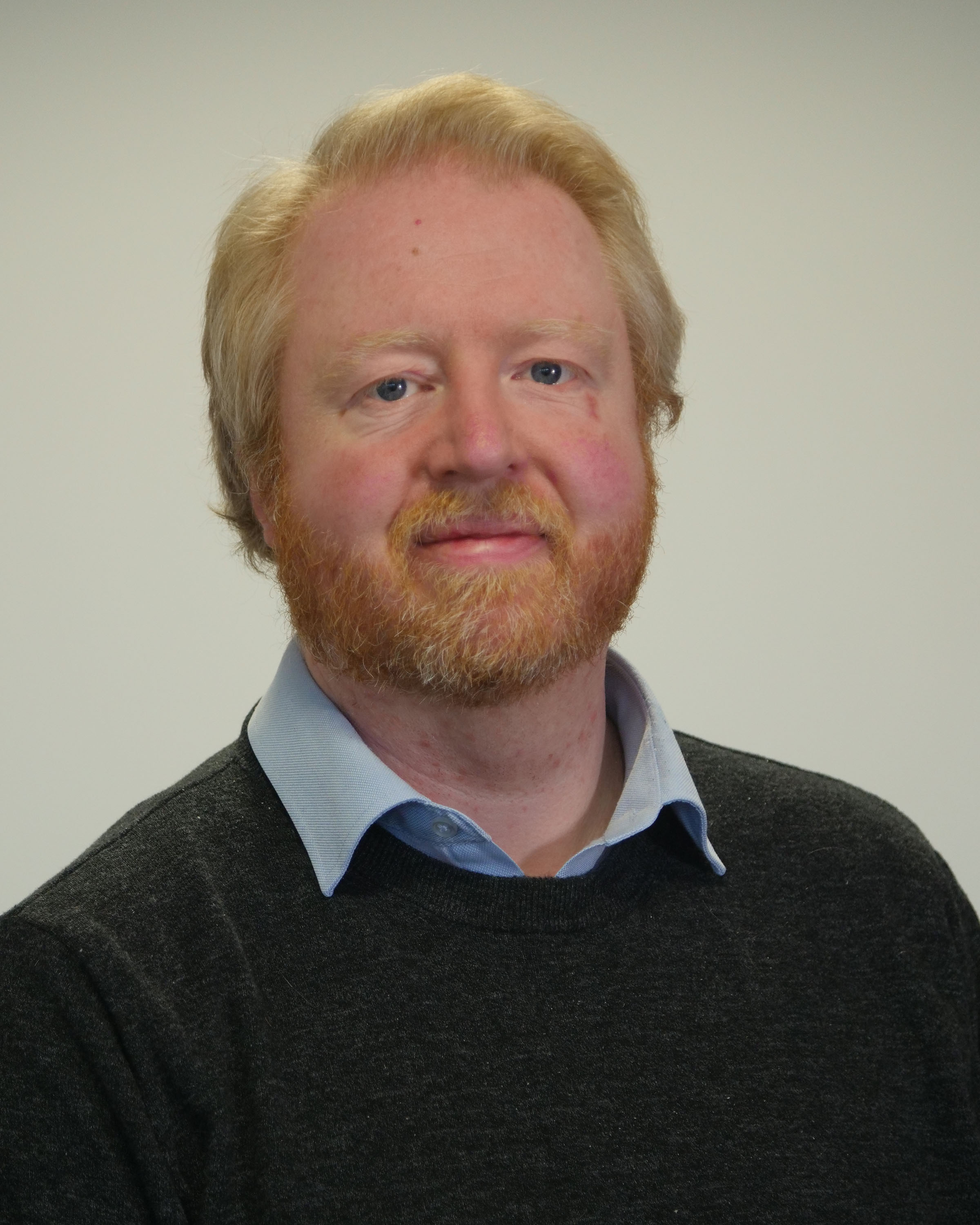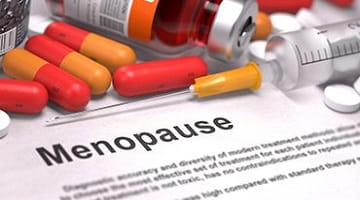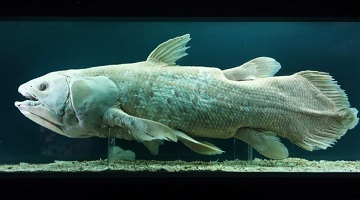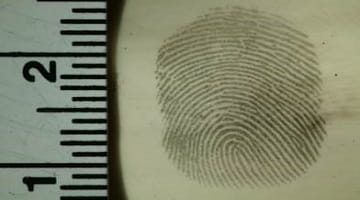About this course
Explore and find solutions to unmet pharmaceutical, health, and scientific needs on this brand new MRes Pharmacy and Biomolecular Sciences.
- Join world-leading multidisciplinary teams and complete extensive independent research under the guidance of academic, industrial and clinical experts to meet the challenges of modern healthcare and science
- Features unique, innovative taught elements, comprising three modules to equip you with a sound understanding of essential research methodologies and analytical skills
- Develop your skills in research methodologies, data analysis, science communication and entrepreneurialism, with the potential to contribute to knowledge transfer partnerships
- Features independent, asynchronous study and cohort-based workshops
This Master of Research bridges the gap between undergraduate and doctoral studies, allowing you to explore your field of interest in depth and develop your research skills for the future.
The programme offers you the opportunity to conduct data collection and research activities either on campus at LJMU, on site visits to the pharmaceutical industry or at NHS partners.
Course modules
Discover the building blocks of your programme
Further guidance on modules
Modules are designated core or optional in accordance with professional body requirements, as applicable, and LJMU’s Academic Framework Regulations. Whilst you are required to study core modules, optional modules provide you with an element of choice. Their availability may vary and will be subject to meeting minimum student numbers.
Where changes to modules are necessary these will be communicated as appropriate.
Core modules
Your Learning Experience
An insight into teaching on your course
Study hours
The programme comprises three modules. You will have 50 hours of contact time on the Developing Real-World Research Skills and The Reflective Researcher modules and 30 hours of contact time on the Application of Research module.
Teaching methods
Taught elements are delivered through a mix of hybrid teaching. This includes independent, asynchronous study and the application of learning in cohort-based workshops and on-campus sessions.
Your cohort will meet regularly in research meetings to share updates and discuss research findings. You will also have independent meetings with your project supervisors.
Applied learning
The research project setting will depend on the nature of your project. You will have the opportunity to conduct data collection and research activities either on campus at LJMU, on site visits to the pharmaceutical industry or at NHS partners.
How learning is monitored on your programme
To cater for the wide-ranging content of our courses and the varied learning preferences of our students, we offer a range of assessment methods on each programme.
Where you will study
What you can expect from your School
You will study at the Byrom Street site in the University's City Campus. With an ongoing £12 million investment in laboratory facilities here and state-of-the-art research facilities in the newly developed Life Sciences building, you'll enjoy a first class study environment.
Course tutors

Dr Adrian O'Hara
- Programme Leader
I enjoy being able to teach enthusiastic students from a wide variety of backgrounds and shaping their interests and potential careers.
I enjoy being able to teach enthusiastic students from a wide variety of backgrounds and shaping their interests and potential careers.
Dr Adrian O’Hara has a PhD in Obesity Biology from the University of Liverpool, MSc Molecular Life Sciences Research from King’s College London and BSc (Hons) in Biochemistry from the University of Liverpool. He is currently a Senior Lecturer in Biomedical Science and Genomics at LJMU and has previously worked as a Lecturer in Physiology, Postdoctoral Teaching Fellow and Postdoctoral Research Associate. Dr O’Hara is a cellular and molecular physiologist and his main research interest is in adipose tissue physiology, in particular the role of inflammation in obesity at the cellular and molecular level and the role adipokines play in health and disease.
Career paths
Further your career prospects
LJMU has an excellent employability record with 96% (HESA 2018) of our postgraduates in work or further study six months after graduation. Our applied learning techniques and strong industry connections ensure our students are fully prepared for the workplace on graduation and understand how to apply their knowledge in a real world context.
Completing an MRes is an ideal stepping stone if you are considering pursuing doctoral/PhD studies, a research career in global health and scientific industries or a clinical career with emphasis on research as a required skillset for career advancement.
Tuition fees and funding
- Home full-time per year:
- £11,025
Fees
The fees quoted at the top of this page cover registration, tuition, supervision, assessment and examinations as well as:
- library membership with access to printed, multimedia and digital resources
- access to programme-appropriate software
- library and student IT support
- free on-campus wifi via eduroam
Additional costs
Although not all of the following are compulsory/relevant, you should keep in mind the costs of:
- accommodation and living expenditure
- books (should you wish to have your own copies)
- printing, photocopying and stationery
- PC/laptop (should you prefer to purchase your own for independent study and online learning activities)
- mobile phone/tablet (to access online services)
- field trips (travel and activity costs)
- placements (travel expenses and living costs)
- student visas (international students only)
- study abroad opportunities (travel costs, accommodation, visas and immunisations)
- academic conferences (travel costs)
- professional-body membership
- graduation (gown hire etc)
Funding
There are many ways to fund postgraduate study for home and international students. From loans to International Scholarships and subject-specific funding, you’ll find all of the information you need on our specialist postgraduate funding pages.
Please be aware that the UK’s departure from the EU may affect your tuition fees. Learn more about your fee status and which tuition fees are relevant to you.
Entry requirements
You will need:
Qualification requirements
How to apply
Securing your place at LJMU
To apply for this programme, you are required to complete an LJMU online application form. You will need to provide details of previous qualifications and a personal statement outlining why you wish to study this programme.
Your university life
From accommodation and academic support to clubs and societies. Find out what LJMU has to offer.
Related Links
Talk to our students
Connect with a current LJMU student for advice and guidance on university life, courses and more.
See what our students are saying
At LJMU we want you to know you’re making the right choice by studying with us. You can see what our students are saying about their experience with us through their reviews on the following websites:
Related Links
News and views
Browse through the latest news and stories from the university
The University reserves the right to withdraw or make alterations to a course and facilities if necessary; this may be because such changes are deemed to be beneficial to students, are minor in nature and unlikely to impact negatively upon students or become necessary due to circumstances beyond the control of the University. Where this does happen, the University operates a policy of consultation, advice and support to all enrolled students affected by the proposed change to their course or module.



























